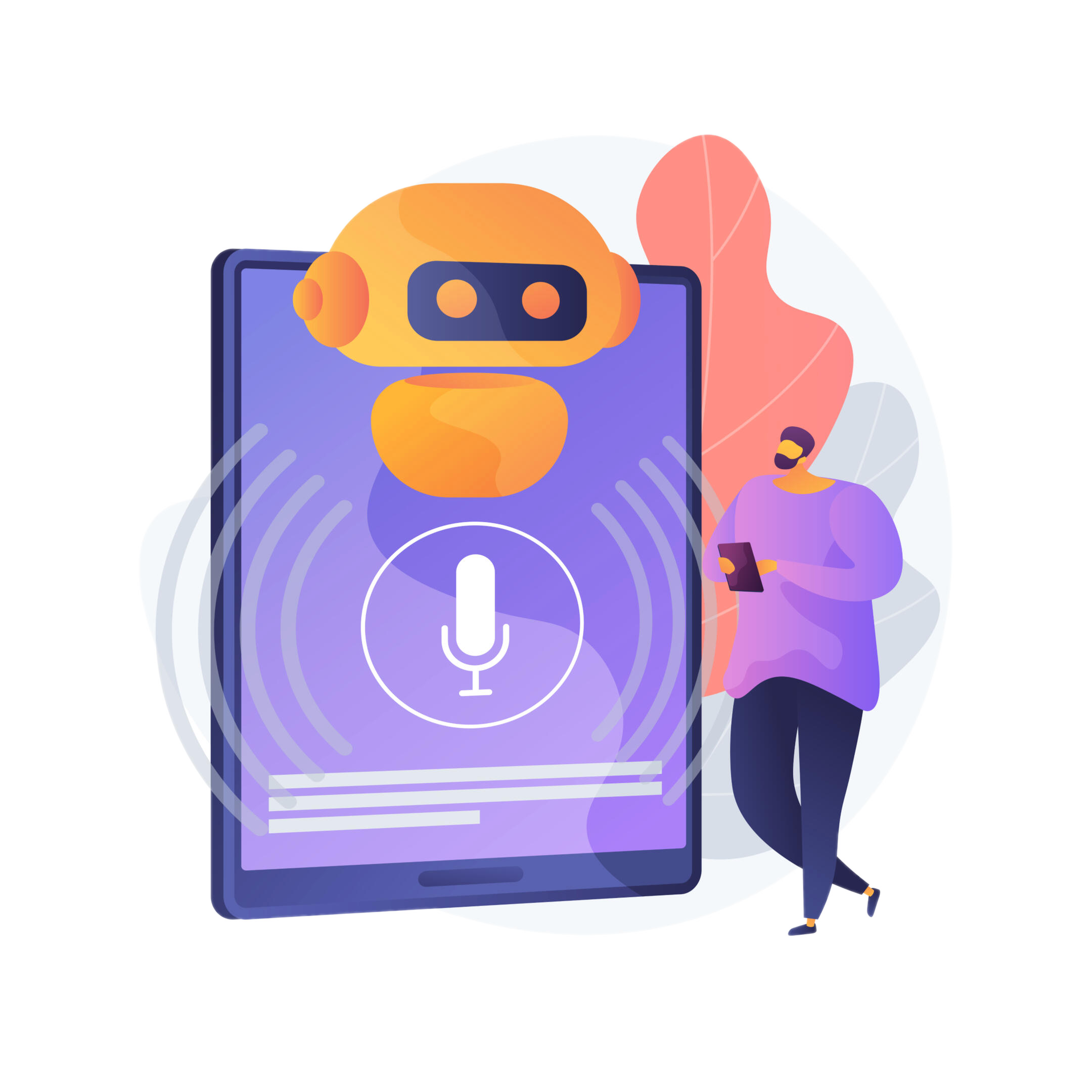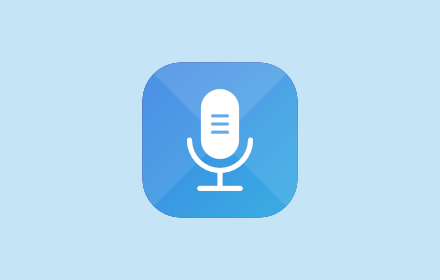Web Accessibility with Text-to-Speech: Enhancing Digital Inclusivity
In a world where digital interfaces form the backbone of communication, 'Web Accessibility with Text-to-Speech' (TTS) transforms the way we interact with the digital sphere, ensuring that everyone has equal access to information and tools online. At its core, this technology assists individuals with disabilities by providing them with an alternative way to consume content - one that does not rely solely on visual cues. As we strive for inclusivity online, the role of text-to-speech features in making websites and apps accessible cannot be overstated.
Understanding Text-to-Speech Technology
Text-to-Speech technology translates written text into spoken word, allowing users to listen to content rather than read it on screens. This technology employs intricate algorithms and synthetic voices that have greatly improved in recent years, sounding more natural and human-like. Many users rely on TTS to consume content on the go, but it particularly benefits individuals with visual impairments, reading disabilities, or those who prefer auditory learning.
The mechanism behind text-to-speech is rooted in natural language processing (NLP), a field of artificial intelligence. Text is analyzed, language rules are applied, and the text is then converted into phonetic representations that are output as audio. The quality of synthesized speech has progressed significantly with the advent of deep learning and neural networks, leading to more natural intonation and rhythm.
Enhancing Accessibility with TTS Features
Making technology accessible means ensuring that it can be fully operated by anyone, regardless of their abilities. When websites and applications integrate Web Accessibility with Text-to-Speech features, they remove barriers and create an equitable environment for all users. This is particularly crucial for individuals who need these auditory cues to navigate digital content effectively.
For example, screen readers are essential tools for many people with visual impairments, and they work seamlessly with TTS to read aloud the content on web pages and apps. Additionally, TTS can aid in education, providing support for those with dyslexia or other reading challenges by converting text-based educational materials into an audio format, thereby enabling an alternative learning method.
Implementation and Best Practices
Integrating Web Accessibility with Text-to-Speech into websites and apps is a process that should be guided by best practices and standards, such as those set out by the Web Content Accessibility Guidelines (WCAG). These guidelines offer a blueprint for digital inclusivity, recommending features like TTS to ensure content is perceivable, operable, understandable, and robust.
Developers and content creators should focus on compatibility between their content and assistive technologies like text-to-speech software. For example, they must ensure that their HTML structure is properly organized so that TTS algorithms can correctly interpret and communicate the content to users. Additionally, offering controls to pause, stop, or adjust the volume of speech is crucial for a user-friendly experience.
In conclusion, Web Accessibility with Text-to-Speech is a vital component in the crusade for an inclusive digital world. It circumvents traditional barriers and paves the way for full participation in the digital age, regardless of one's physical abilities or learning preferences. By adopting these inclusive technologies, we are not only complying with ethical and legal standards but also enriching the digital experience for all users, fostering a truly accessible internet.
Integrating TTS features is a clear forward step in addressing the digital divide and promoting an inclusive society. As TTS technology continues to advance, the possibilities for web and app accessibility will undoubtedly expand, offering even greater support for diverse needs and bridging the gap between technology and its users.
Subscribe to our newsletter
Subscribe to our newsletter for tips, exciting benefits, and product updates from the team behind Voice Control!
Other projects from the team

Talkio AI
The ultimate language training app that uses AI technology to help you improve your oral language skills.

TalkaType
Simple, Secure Web Dictation. TalkaType brings the convenience of voice-to-text technology directly to your browser, allowing you to input text on any website using just your voice.

Voice Control for Gemini
Expand the voice features of Google Gemini with read aloud and keyboard shortcuts for the built-in voice recognition.